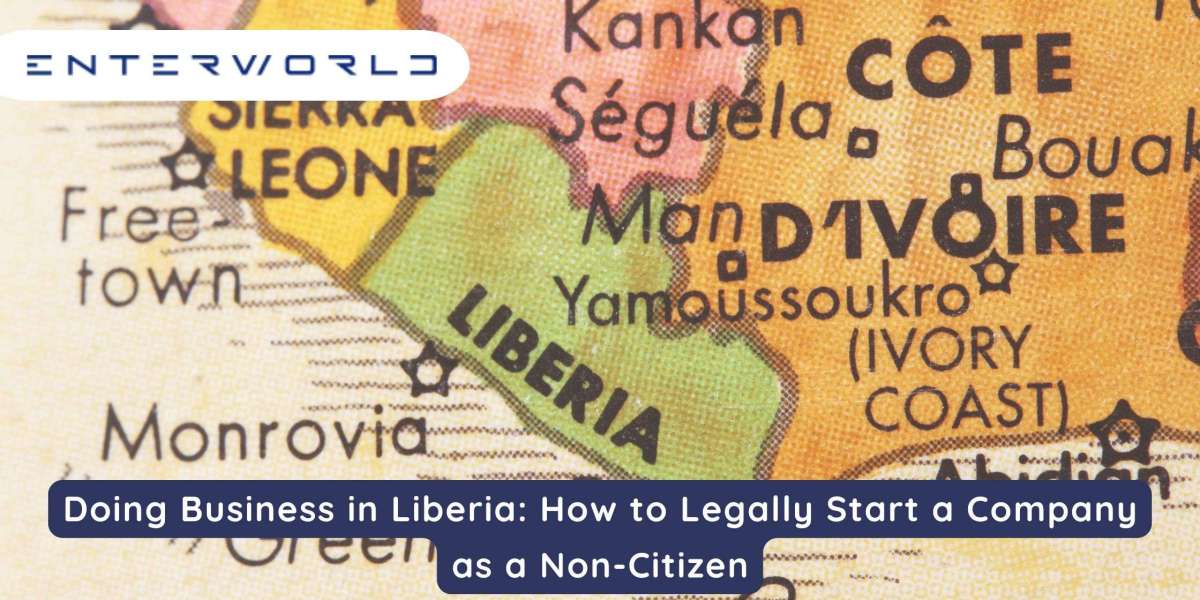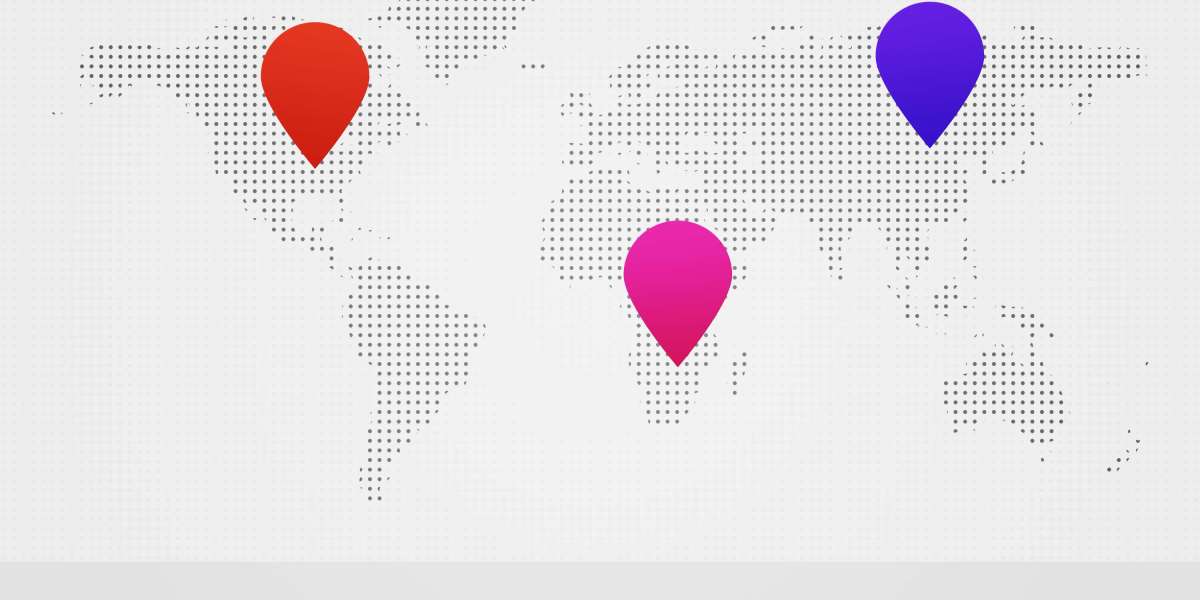Liberia is increasingly becoming a destination of interest for international investors and entrepreneurs looking to establish a presence in West Africa. With its natural resources, strategic location, and business-friendly reforms, Liberia offers potential across sectors like agriculture, mining, logistics, construction, and technology.
However, starting a company as a non-citizen comes with specific procedures and legal obligations. If you’re planning to start your entrepreneurial journey in this country, understanding the process of company registration in Liberia is crucial to ensure compliance and long-term success.
In this guide, we’ll walk you through the steps, requirements, benefits, and important legal considerations involved in starting a business in Liberia as a foreigner.
Why Consider Doing Business in Liberia?
Liberia offers a range of strategic advantages for international business owners:
- Strategic Location: Access to both African and global markets via the Atlantic Ocean
- Untapped Markets: Sectors such as renewable energy, logistics, ICT, and agro-processing are ripe for growth
- Political Stability: An improving democratic and regulatory environment
- Investment Incentives: Tax incentives for foreign investors in key sectors
- English-Speaking Nation: Facilitates ease of communication and contract negotiation
Whether you're establishing a local branch, launching a startup, or investing in infrastructure, Liberia is worth a closer look.
Can a Foreigner Start a Business in Liberia?
Yes, non-citizens are allowed to register and own businesses in Liberia. However, there are specific regulations in place to protect certain sectors for Liberian citizens only.
According to the Liberian Investment Act, some business activities are reserved exclusively for Liberians, such as small retail trade, local transportation, and small-scale mining. Non-citizens must avoid these sectors and instead focus on medium to large-scale ventures.
With the right approach and legal structure, company registration in Liberia as a foreign national is entirely possible and increasingly supported by government reforms.
Legal Structures Available for Foreign-Owned Businesses
Before registering your company, it's important to decide the legal structure that suits your business model. In Liberia, the most common structures for foreign entrepreneurs include:
1. Limited Liability Company (LLC)
A popular structure for small to medium-sized businesses, where owners' liability is limited to their shareholding.
- Requires at least one shareholder and one director
- Suitable for most business activities
- Separate legal identity
2. Corporation
Ideal for larger ventures or those looking to raise capital from multiple investors.
- Requires at least two shareholders
- Subject to more regulatory and tax obligations
- Can issue shares and raise investment
3. Branch Office
For foreign companies expanding into Liberia without forming a separate entity.
- Treated as an extension of the parent company
- Must register with the Liberia Business Registry (LBR)
- Ideal for testing the market or servicing contracts
4. Partnership
Allowed under Liberian law but less common among foreign investors due to liability exposure.
Step-by-Step Guide to Company Registration in Liberia
Let’s walk through the process of legally starting a company in Liberia as a non-citizen:
Step 1: Choose a Business Name
Your company must have a unique name that complies with Liberian business naming laws. The name must not be identical or similar to an existing business and should end with an appropriate suffix (e.g., “LLC” or “Inc.”).
You can reserve the name through the Liberia Business Registry (LBR) website or in person.
Step 2: Determine the Business Structure
Decide whether you’ll register as an LLC, corporation, or branch. This will determine the tax treatment, liability exposure, and compliance requirements.
Step 3: Prepare Required Documentation
Typical documentation for company registration in Liberia includes:
- Passport copies of foreign directors and shareholders
- Articles of Incorporation or Memorandum and Articles of Association
- Proof of registered address in Liberia
- Business plan or description of activities
- Proof of paid capital (if applicable)
- Tax Identification Number (TIN) application
- Work permits or visas for foreign staff (if applicable)
Step 4: Submit Registration with Liberia Business Registry
All businesses must be registered with the LBR. You can submit your application online or in person at their headquarters in Monrovia.
After approval, you’ll receive:
- Certificate of Incorporation
- Business registration number
- Approved Articles of Incorporation
- Taxpayer Identification Number (TIN) issued by the Liberia Revenue Authority (LRA)
Step 5: Obtain Sector-Specific Licenses (If Required)
Depending on your industry, you may need additional licenses or regulatory approvals from:
- Ministry of Commerce and Industry
- Liberia Revenue Authority
- Liberia Immigration Service (for expat staff)
- Liberia Petroleum Refining Company (for fuel businesses)
- Liberia Telecommunications Authority (for telecom ventures)
Step 6: Open a Corporate Bank Account
Once your company is incorporated, you can open a business bank account at a local bank. You’ll need your Certificate of Incorporation, TIN, business plan, and passport copies of all signatories.
Costs Involved in Company Registration in Liberia
While the total cost may vary depending on the structure and size of your business, here’s a general estimate:
| Expense | Estimated Cost (USD) |
|---|---|
| Name Reservation | $10 – $50 |
| LBR Registration Fee (LLC/Corp) | $200 – $1,000 |
| Articles Drafting & Legal Support | $300 – $1,000 (optional) |
| TIN and Tax Registration | Included |
| Sectoral License (if applicable) | Varies |
| Office Lease (annual) | $1,000 – $5,000+ |
Always check the latest fee structure on the Liberia Business Registry website or consult a legal expert familiar with Liberian business law.
Business Taxes in Liberia
- Corporate Tax Rate: 25% on net taxable income
- Withholding Tax: Varies by payment type (e.g., dividends, royalties)
- Goods and Services Tax (GST): Standard rate is 7%
- Payroll Taxes: Employers contribute to social security and other benefits
You are required to file annual returns and comply with Liberian tax laws, regardless of company size.
Visas and Work Permits for Foreign Owners
As a non-citizen business owner, you’ll likely need:
- Investor Visa or Business Visa
- Work Permit from the Ministry of Labour
- Residence Permit from Liberia Immigration Service
Permits must be renewed periodically and are contingent on business compliance and local employment quotas.
Benefits of Registering a Company in Liberia
- Access to a growing West African market
- Low registration fees compared to other countries
- Tax incentives in agriculture, manufacturing, and tourism
- 100% foreign ownership permitted in most sectors
- Legal protections for investors under the Investment Act
Things to Watch Out For
While Liberia is open for business, it's important to be aware of:
- Reserved sectors: Small-scale retail and certain trades are limited to Liberians only
- Bureaucracy: Processes can be slow without local guidance
- Infrastructure: Power, internet, and transport services may be inconsistent in rural areas
- Local partnerships: Trusted local agents or legal support are essential
Final Thoughts
Liberia offers exciting business opportunities for non-citizens willing to invest in its emerging economy. By following the legal procedures for company registration in Liberia, securing the right licenses, and complying with local laws, you can establish a successful and fully compliant company in the country.














